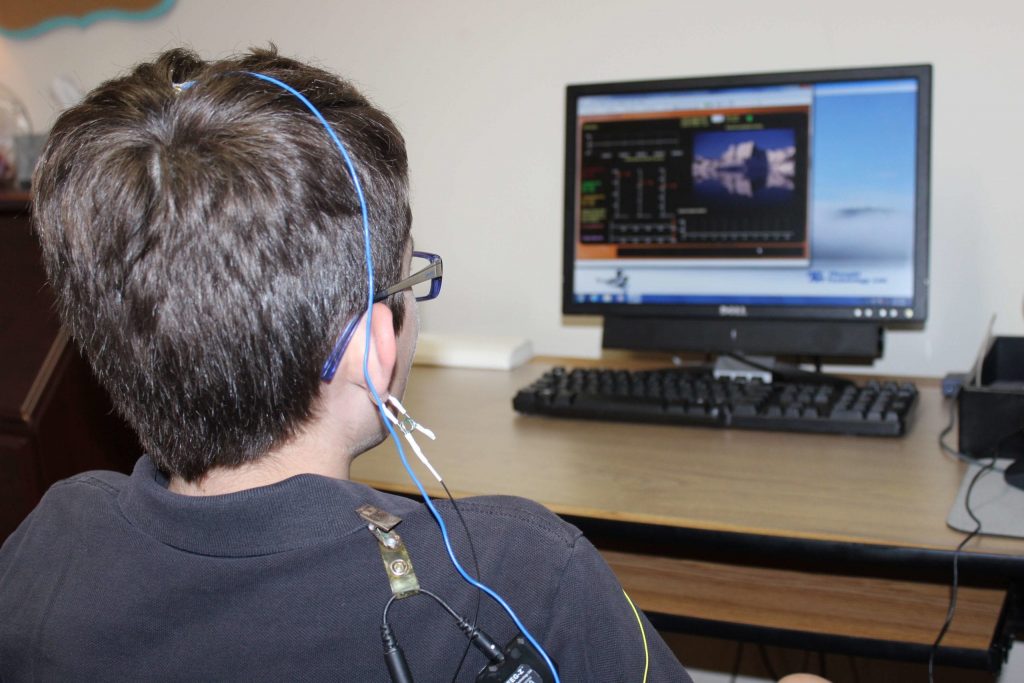There are requirements to become a neurofeedback practitioner and get the certification.
What are the requirements?
To get neurofeedback certification, you need to complete the following requirements:
- Prerequisite Education
- Required Hours
- Didactic Neurofeedback Education
- Human Anatomy/Physiology Course
- Practical Neurofeedback Training
- License/Credential for Independent Practice
- Written Examination
- Sequence for Meeting Certification Requirements
- Certification by before experience
- Academic & Technician Certifications
How long is Neurofeedback training?

Neurofeedback course or training takes 45-60 minutes for each session. The actual training period will last a max of 30 minutes.
Neurofeedback training
Many are asking, how does the neurofeedback training perform? Are you interested to learn more or wanted to become a certified Neurofeedback technician? The certification will allow providers the ability to use biotechnology in helping to enhance human health and performance without using surgeries and drugs. A successful practitioner is an expert with decades of experience in the industry helping people learn more about this treatment.
What profession holds a neurofeedback practitioner?
Here is a list of professionals capable of becoming a neurofeedback practitioners:
- Psychologists
- PTs and OTs
- LPCs
- Psychiatrists
- Neurologists
- LCSWs
- Medical Doctors
- Nurses
- Social Workers
- MFTs
- Family Therapists
- LMHCs
- Chiropractors
If your profession is one of these, you can pursue becoming a neurofeedback practitioner.
Who can become a practitioner of neurofeedback?
Regardless of the FDA, a non-licensed person or consumer can find ways to get neurofeedback equipment, even though not a licensed provider. If it is for personal use, it is strongly recommended to have the supervision of a licensed or experienced neurofeedback provider.
Neurofeedback entry level
Neurofeedback certification is open to all professionals who can document a min. of BS/BA degree in a BCIA_approved healthcare field at a regionally accredited academic institution. All international applicants for the BCIA certification must carry a valid government-issued credential/license that regulates the clinical healthcare profession.
When using neurofeedback for treating psychological and medical disorders, it is required to hold a current credential/license issued by the state stating that you are practicing in the BCIA-approved healthcare field. If without the credential/license, you will be working under the legal supervision of a credentialed health care professional. The supervisor must have experience and training with clinical experience and neurofeedback being treated.
Technician level certification
If you have no healthcare degree that fits the requirements, you can consider the Technician Level certification that requires you to currently work under the supervision of a certified and licensed BCIA provider.
Candidates have to demonstrate the completion of the written examination and the three requirements. If you believe that you have completed the requirements described below, you can request a special review to look for equality.
- Didactic Education
- Neuroanatomy/Physiological Psychology/Neurophysiology
- Mentoring
If you are serious about becoming a certified neurofeedback practitioner, you can take the courses and complete them to get the certification for free.


